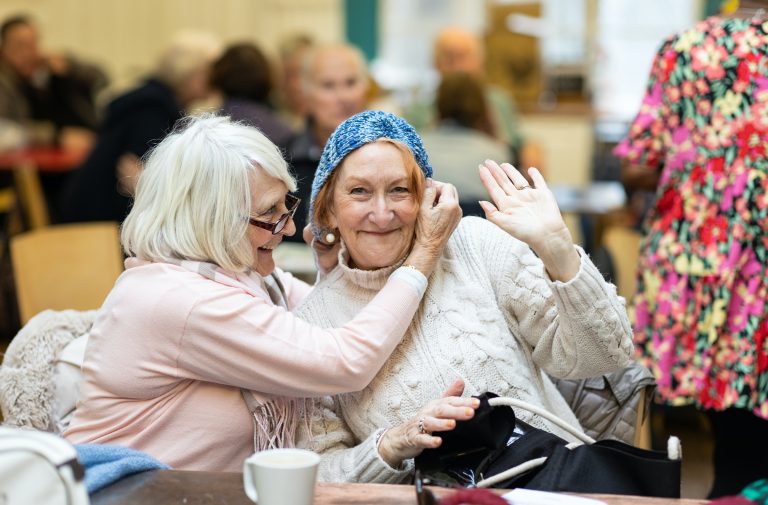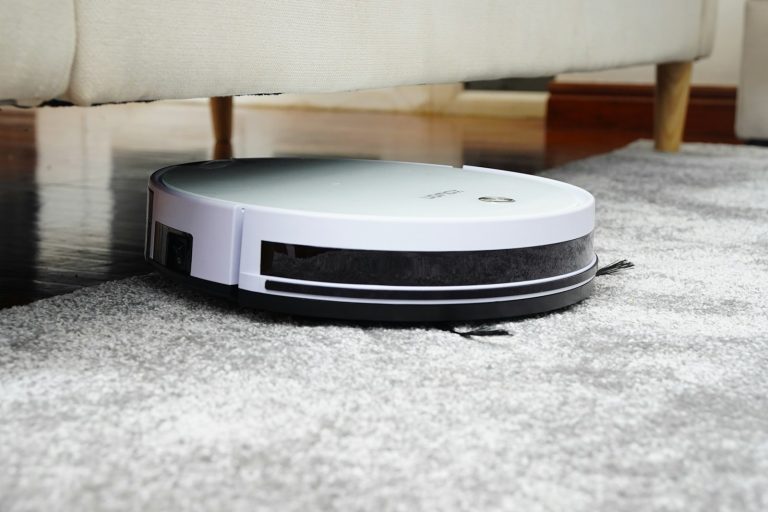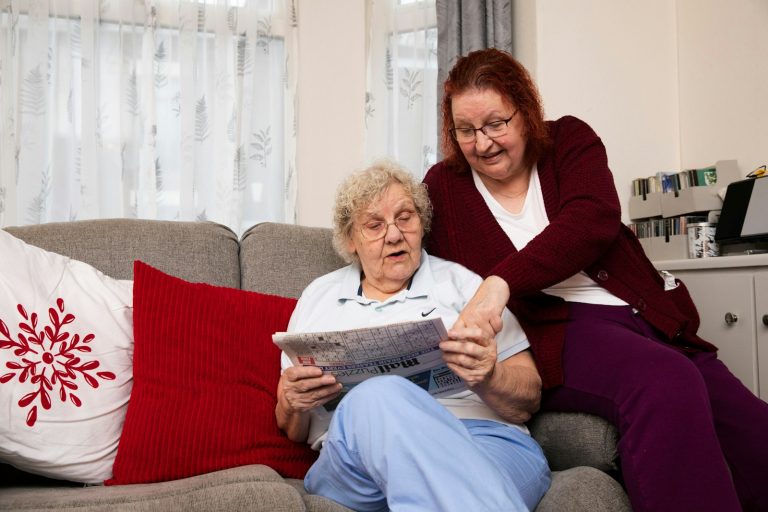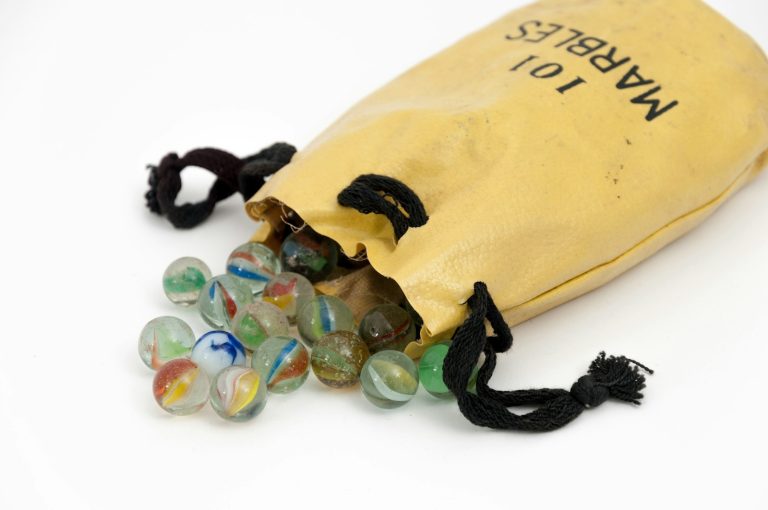What Causes Infections is contributed by Walton Law in February, 2023, as an online article at VibrantSeniorOptions.com

Placing a loved one in a nursing home can feel like a great solution. For starters, you don’t have to worry about them being home alone where they can’t do things for themselves.
However, there are many issues to think about when they your loved one does make the transition to a nursing home. One of the unfortunate things that accompanies these living conditions is the elevated risk of infection. Read on to learn about why nursing homes can be a hazardous environment and what they should be doing to prevent infections.
Risk factors for infections in nursing homes
There are various reasons why nursing home residents are likely to get infections, including the following:
- Age: As we age, our immune systems become weaker and less effective. Because of the advanced age of a typical nursing home resident, they are at a higher risk of infection than their younger counterparts. Another risk factor that comes with age is the fact that many residents need assistance devices, including pacemakers and artificial hips; these carry high risks of infection. One more age factor is that some residents suffer from cognitive impairments, such as dementia or Alzheimer’s disease. This can make it less likely for them to remember to practice good hygiene, and infection may occur as a result.
- Treatment resistance: Sometimes, nursing home residents have multiple diseases simultaneously. When this happens, they often take antibiotics. The increase in antibiotics can lead to a resistance to these drugs, and healing thus becomes more difficult.
- Group living quarters: Due to the close proximity of other residents, an individual is likely to have a higher chance of coming into close contact with someone who has an infection, and then getting that infection in turn.
What infections are common in nursing homes?
- diarrheal: viral and bacterial gastroenteritis, norovirus
- respiratory: influenza, pneumonia, aspiration pneumonia
- skin and soft tissue: bed sores, scabies, ulcers, wound infections
- urinary: urinary tract infections (UTIs)
What can nursing homes do to prevent infections?
Nursing home staff are aware of the increased possibility of infections in their facilities. They should make a good effort to prevent infections by keeping reliable electronic records to access risk data easily and maintaining strict hygiene protocols. In addition, nursing homes that accept Medicare and Medicaid are required to apply infection and control programs.
Additionally, other risk-reducing measures may be taken. Nursing homes can:
- hire infection preventionists
- conduct infection control committee meetings
- establish reliable antibiotic tracking systems
Protect your loved ones from nursing home infections
While there is a high risk of infection in nursing homes, it’s up to the administrators to ensure that procedures are in place to avoid infections as much as possible. If you think a nursing home has neglected standards to prevent infection or that your loved one has otherwise suffered from neglect, please get in touch with a Walton Law attorney today to explore your options.
If you or a loved one has been injured at a facility in Whatcom, Skagit or Island counties, contact the Bellingham office of Walton Law, APC, at 360-543-1010. You also can visit waltonlawapc.com/bellingham-office to sign up for a no-obligation, free initial case evaluation to answer your questions, explain the lawsuit process, and show you how we can help make the best of a bad situation.
Walton Law, APC
Washington Office
360-543-1010
waltonlawapc.com/bellingham-office





















